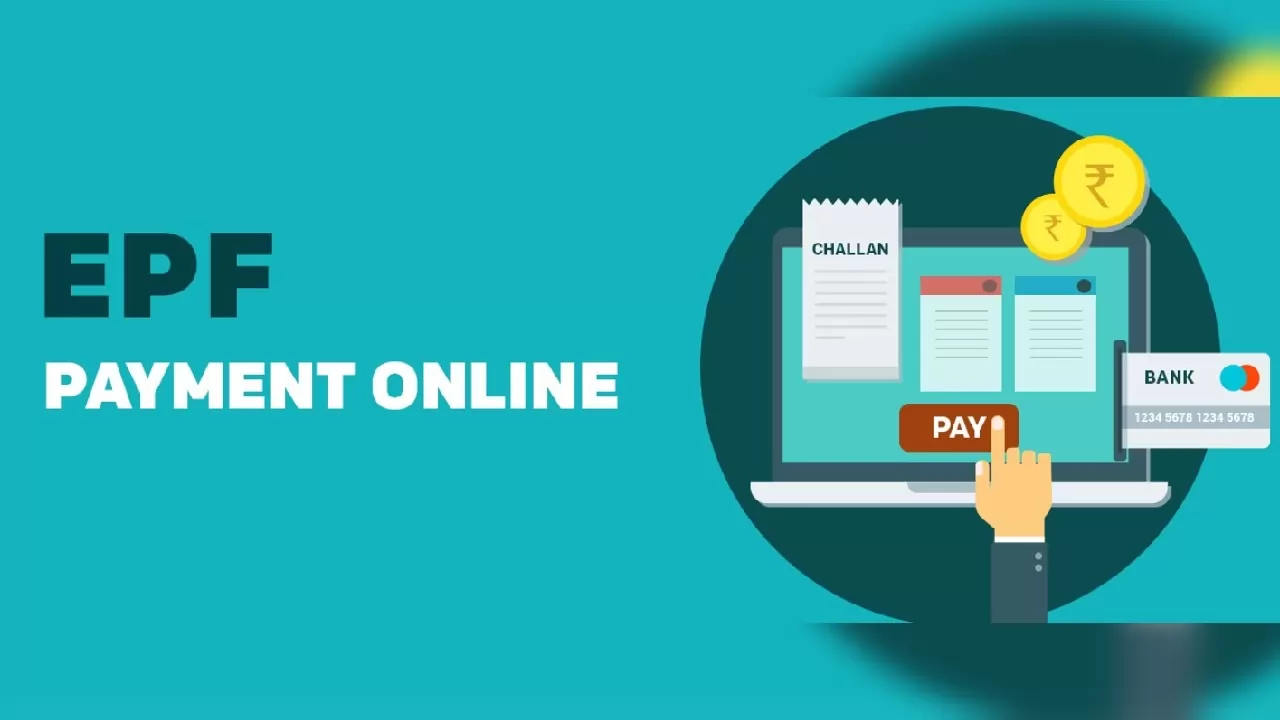
Flickr
New Delhi: Employees' Provident Fund Organisation (EPFO) has recently updated its death claim process, allowing physical claims to be processed without Aadhaar seeding in specific cases. This change aims to alleviate the burden on families facing difficulties with Aadhaar-related discrepancies. However, this relaxation is subject to the approval of the Officer in Charge (OIC) and thorough verification to prevent fraudulent activities.
In scenarios where member details are correct on the Universal Account Number (UAN) card but inaccurate or incomplete in the Aadhaar database, the EPFO can grant exceptions. This measure ensures that families of deceased members can proceed with their claims without undue delays caused by Aadhaar inconsistencies.
Families of deceased EPFO account holders often face rejection of their physical claims due to unrectified or outdated Aadhaar details. This issue is exacerbated by field offices encountering difficulties in updating UID details. The EPFO’s new rule now permits the processing of physical claims without Aadhaar seeding in death cases, provided there is stringent verification and approval from the OIC.
The EPFO has outlined a detailed process to ensure the authenticity of claims. According to a statement dated May 17, 2024, the OIC must approve an e-office file that meticulously documents the verification procedures. This protocol, combined with additional due diligence measures directed by the OIC, aims to mitigate the risk of fraudulent withdrawals.
For cases where Aadhaar data is accurate but the UAN details are not, field offices must follow specific guidelines. As per Paragraphs 6.9 and 6.10 of JD SOP version-2 dated March 26, 2024, they must rectify UAN data, seed, and validate the Aadhaar in line with the instructions in the Circular dated September 24, 2020.
The EPFO has acknowledged several challenges faced by field offices in processing claims:
This new rule allows families to claim their deceased member's EPF even if their Aadhaar wasn't linked to the UAN (Universal Account Number). However, certain steps are crucial:
This revised process aims to eliminate unnecessary delays for families during a difficult time. By allowing physical claims without mandatory UID seeding in death cases, the EPFO is ensuring quicker access to these funds for the bereaved.





Copyright © 2025 Top Indian News
